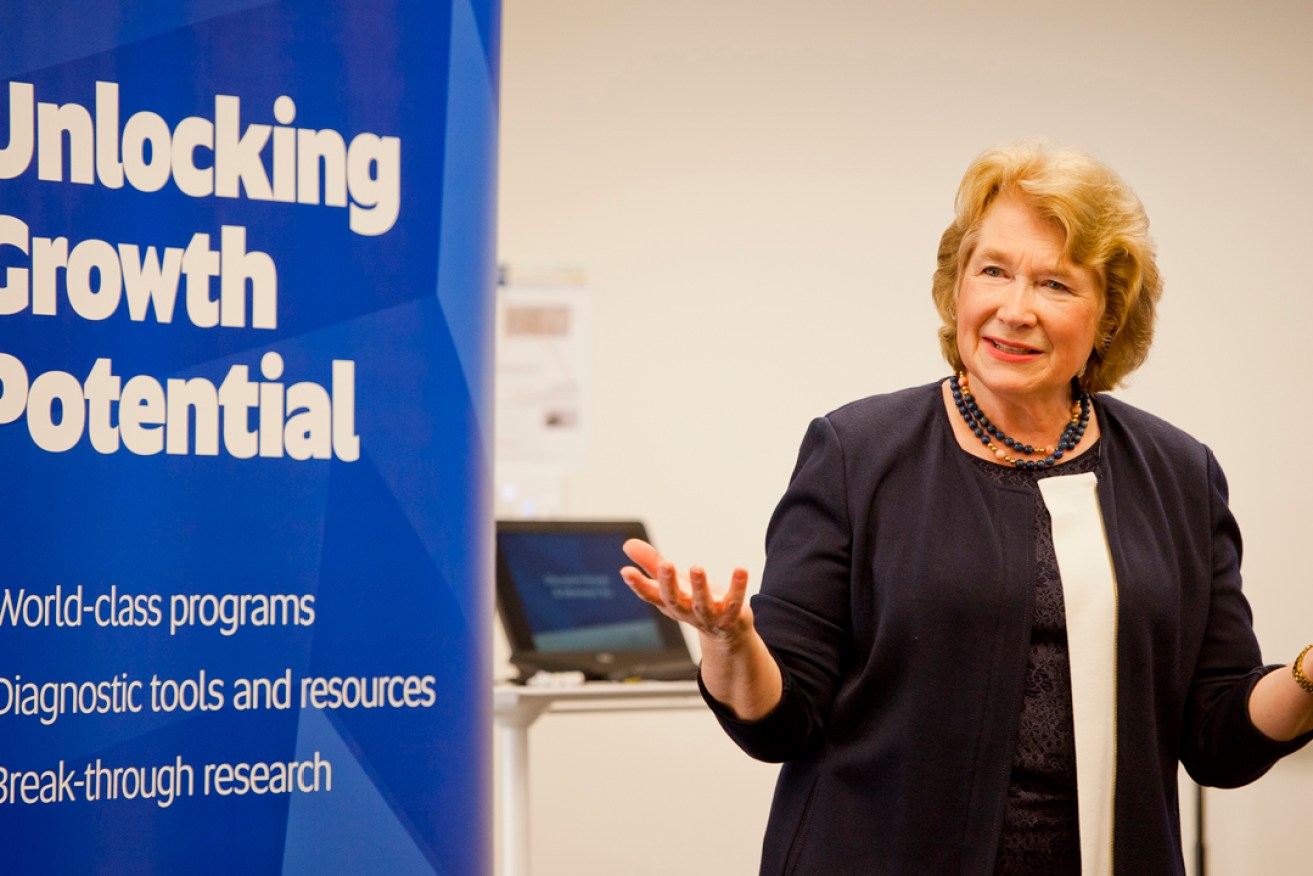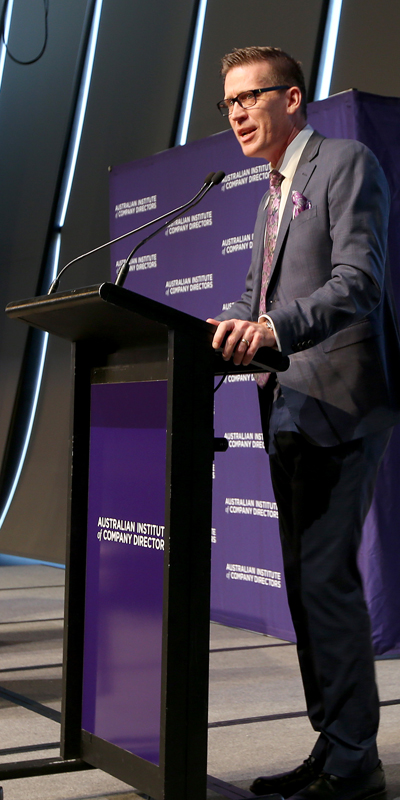Pandemic shines light on leadership as rise of the Millennials looms
The coronavirus pandemic will forever change the way companies think about their workforces and could fast-track a changing of the executive guard as Baby Boomers make way for Millennials, SA leadership experts say.


UniSA’s Australian Centre for Business Growth director Professor Jana Matthews says Millennial leaders are well suited to succeed in the post-pandemic world.
UniSA’s Australian Centre for Business Growth director Professor Jana Matthews said many companies would see the past six months as a reckoning and the resilient ones would bounce back and do very well.
“This will test all the systems everywhere,” she said.
“We’ve had companies go out of business every year, we’ve had companies go through some kind of turbulence but we’ve just never had every single company have something hit them all at once, not here in Australia.”
Australia Institute of Company Directors state manager Clinton Jury said the main areas that had provided challenges but also fast-tracked change were workplace mental health and relationships and technology.
“Many organisations realised early on that the health and wellbeing of their staff was pretty core,” he said.
“In some cases, entire workforces were moved to remote working environments and that provided challenges from the board down in terms of meeting the various work health and safety challenges but I think through that process boards, in particular, have significantly increased their focus on staff wellbeing.
“Because of the crisis we had no choice but to go down this path but what it did was show that so much of what we do can be done remotely and then that goes to the heart of work environments, diversity and the opportunities it presents.
“On the tech side, what we’ve seen is organisations right across the board from government right down to the smallest not-for-profit or family business, they’re engaging with their various stakeholders in new and imaginative ways.
“The technology has always been there but it is being used very differently and it is allowing businesses to be a lot more agile and that agility piece is really important.”
A current national survey found 93 per cent of Australians want to continue working from home after the coronavirus pandemic despite more than half taking on additional tasks or hours.
The first Work From Home Sentiment Survey by freelance marketplace Fiverr quizzed about 1000 people about attitudes to remote work and found they spent an average of $450 each on setting up home offices, which would put the nationwide bill at more than $2 billion.

Australia Institute of Company Directors state manager Clinton Jury.
Three-quarters of people are satisfied with the overall experience of working from home but acknowledged challenges such as a lack of collaboration with co-workers (33 per cent, taking regular breaks (38 per cent), and internet connectivity (31 per cent).
Some 52 per cent felt they were taking on additional work or doing longer hours while at home during the pandemic.
About a third of people wanted to work from home full-time with the figure soaring to 93 per cent when extended to those who wanted the option in some form.
Jury said there would likely be a sustained move towards permanent work from home arrangements, with the increased reliance on technology also leading to a reduction in corporate travel.
“As we look forward to the recovery phase, which many of the states are in, we need to ask what does this saving in travel cost and time mean for the business and so the impact of virtual meetings is being received by and large quite positively,” he said.
“If you’re not having to fly people around and you don’t have that added cost then there are opportunities to engage with a more diverse stakeholder group or involve more diversity in your decision making and that’s a really good thing to come out of it.”
Jury said boards were also looking at ways to ensure their companies did not fall back into old habits.
“I think the good boards and organisations will reflect on the lessons that we’ve had through this period and take steps to embed those into the new ways of doing things and I think if they can do that and if we can get the broader regulatory settings to adapt and support innovation then that will be a very good thing.
“As time goes on the laws and the regulatory settings need to reflect the modernisation that has been embraced in the business world – things like virtual AGMs, e-signatures and electronic notices of meetings, which weren’t things that were enshrined in law but they’re things that our regulators will no doubt get their heads around in the coming months and years.”
Jury said events that we go through as a broader generation shaped that generation.
“The kids who are at school at the moment, this is going to absolutely shape their future in terms of their view of the world.
“If you look at the under-40 group, they come from an environment which was already quite fast moving and unsettled – look at the period after September 11 and the Global Financial Crisis – so there was already an embedded agility there and a preparedness to try new things, fail fast and rapidly change direction if that’s what’s required.”
Matthews said the leadership attributes needed to navigate the pandemic were well aligned to many of those typically displayed by emerging Millennials including shared leadership, delegation and a greater focus on work-life balance.
She said this could fast-track the transition of the state’s business leadership base away from the ageing Baby Boomer generation and give further rise to Millennials.
“As we look at the CEOs who are Baby Boomer generation they sometimes come with a younger team or even younger members of their family because they are thinking about succession planning and they do tend to see their role as command and control.
“Millennial leaders like to figure out what people do well and encourage and develop them.
“That’s the switch that some of the older Baby Boomer CEOs are having to make in terms of how they used to lead versus how they now need to lead.
“Many are going to look at their company and say ‘ am I ready to gear up for another run?’ And I’ve had some older guys come through that are questioning that.”
The InDaily 40 Under 40 Awards will explore the future of leadership in more detail when the winners are announced on 22 October. To celebrate the achievements of South Australia’s most outstanding young leaders, Solstice Media is publishing a special print edition of CityMag – the first since COVID-19 restrictions – to be available throughout the city.




